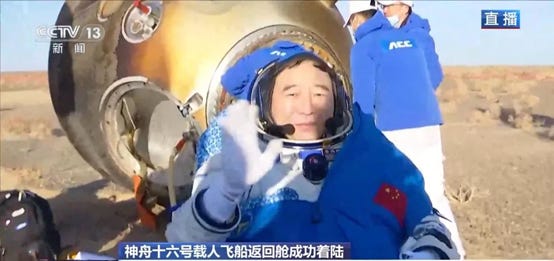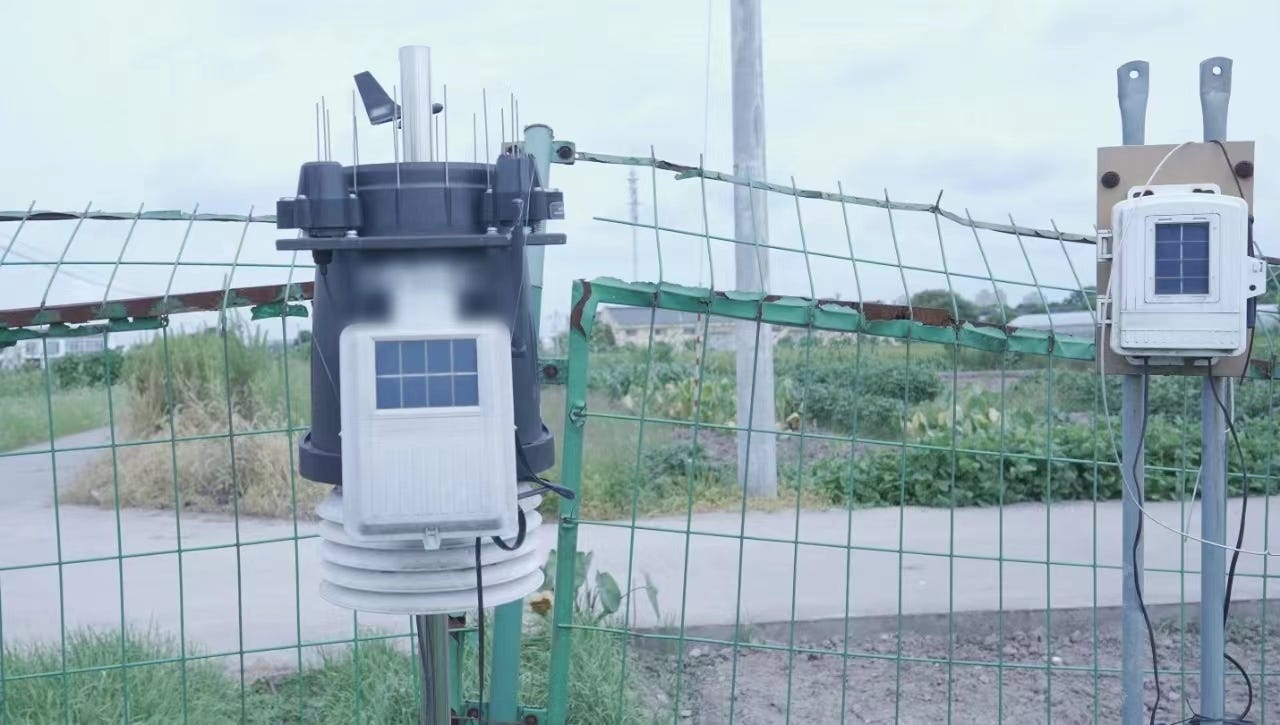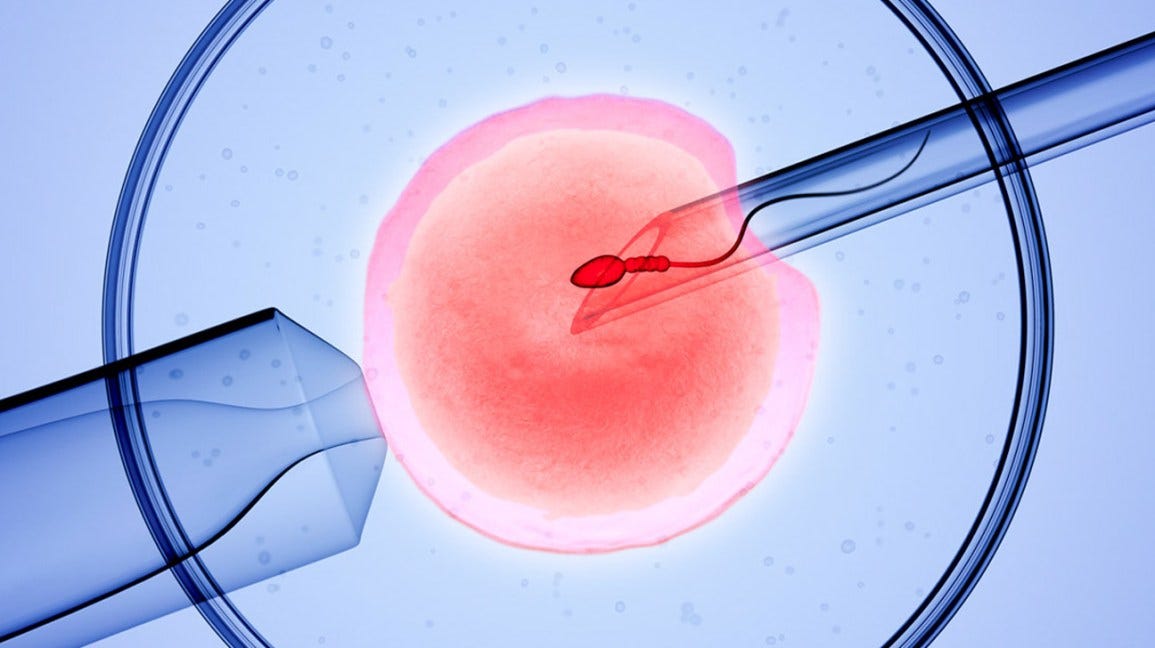Chinese Taikonauts Return Safely After Record 6-Month Space Mission
Chinese Taikonauts Return Safely After Record 6-Month Space Mission

On October 31, the return capsule of the Shenzhou-16 manned spacecraft successfully landed at the Dongfeng landing site. Taiknauts Jing Haipeng, Zhu Yangzhu and Gui HaiChao were in good physical condition.
The Shenzhou-16 manned spacecraft was launched into orbit on May 30, 2023 from the Jiuquan Satellite Launch Center. It then docked with the Tianhe core module to form an assembly. The three astronauts stayed in orbit for 154 days, during which they carried out one extravehicular activity and the fourth space lecture for the Chinese space station and coordinated the completion of several cargo unloading tasks for the space station.
This was the first manned spaceflight mission since China’s manned space program entered the space station application and development stage. With close cooperation between the Taikonauts crew and ground research personnel, they carried out experiments in areas like ergonomics, aerospace medicine, life ecology, biotechnology, materials science, fluid physics, aerospace technology and other space science experiments. This marked an important step in the transition of China’s manned space program from construction to application and from input to output.
Netizens are feeling extremely proud and offering best wishes for the nation to accomplish even greater achievements.
China Cracks Down on Unauthorized Transfer of Meteorological Data to the Overseas

On October 31, Chinese Ministry of State Security announced a widespread crackdown on illegal foreign weather monitoring activities that posed risks to national security.
State security officials said over 10 foreign weather equipment vendors were investigated and over 3,000 foreign-linked weather stations inspected nationwide. Hundreds of unauthorized weather sites were found to be illicitly transmitting real-time data abroad.
Experts said meteorological information could expose military and state secrets. The foreign-operated sensors, if located near air bases, missile launch sites and other sensitive facilities, may reveal activities through changes in atmospheric patterns.
Authorities reminded that all weather monitoring in China must adhere to domestic security protocols. The campaign serves as a warning to unauthorized data transfer that infringes on national interests.
Netizens support relevant authorities’ crackdown actions and Chinese netizens believe national security must be firmly defended.
Guangxi Includes IVF in Health Insurance Coverage

Starting from November 1st, the province of Guangxi will include certain treatment-related assisted reproductive services such as egg retrieval procedures within the payment scope of basic medical insurance and work injury insurance funds. With this move, Guangxi has achieved a breakthrough in insurance reimbursement for assisted reproductive medical services. Women who meet the criteria can now get reimbursed for In Vitro Fertilization (IVF) procedures.
China is experiencing a significant demographic shift with its population aging rapidly. Due to a combination of the one-child policy, which was in effect from 1979 to 2015, and increasing life expectancy, the proportion of elderly people (aged 60 or above) is rising. As of 2021, this group accounted for nearly 20% of the population and is projected to reach one-third by 2050. This demographic shift poses challenges on multiple fronts. The shrinking workforce could dampen economic growth, while the rising number of retirees puts pressure on the pension system and healthcare resources.
